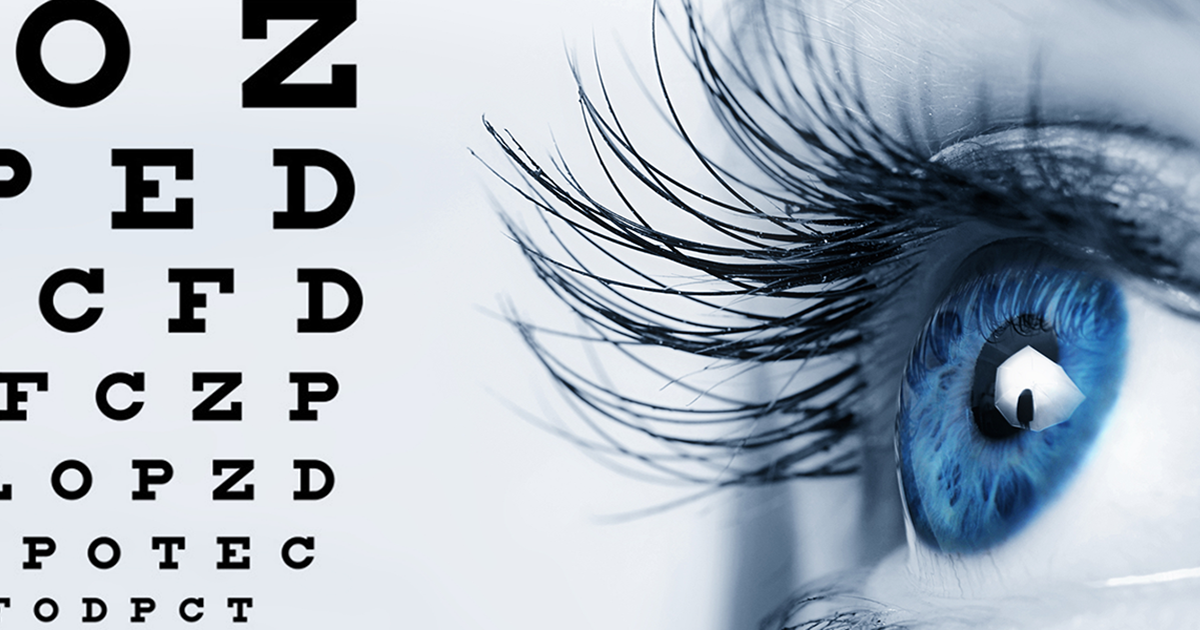Best Eye Doctor in Montgomery AL: Top-Rated Vision Professionals
Best Eye Doctor in Montgomery AL: Top-Rated Vision Professionals
Blog Article
Checking Out the Range of Solutions Available for Vision Correction
As modern technology advances and the area of ophthalmology continues to introduce, the array of solutions readily available for vision adjustment has actually increased significantly. The mission for more clear vision is not simply concerning seeing better yet likewise about exploring the opportunities that contemporary vision modification solutions can supply in enhancing your top quality of life.
Surgical Vision Correction Options

Non-Invasive Vision Adjustment Methods
Advanced technology has led the way for non-invasive methods that use reliable vision improvement services without the need for surgical interventions. These non-invasive techniques offer options for individuals looking for vision improvement without going through surgical procedure. One popular non-invasive alternative is orthokeratology, where specialized get in touch with lenses are put on over night to improve the cornea momentarily. This strategy can correct refractive mistakes like nearsightedness and astigmatism, allowing individuals to see plainly throughout the day without the requirement for glasses or get in touches with.
Another non-invasive approach is via using prescription eye declines. These decreases function by momentarily transforming the form of the cornea, enhancing vision for a specific period. hearing service near me. While the effects are not long-term, they can be valuable for individuals seeking a non-surgical method to correct their vision
Additionally, vision treatment is a non-invasive method that involves exercises and tasks to boost visual abilities and capacities. This technique can be specifically beneficial for people with binocular vision issues or problems like amblyopia. Overall, non-invasive vision improvement methods official site use sensible alternatives for those looking for to enhance their vision without going through surgery.
Implantable Lenses and IOLs
Implantable lenses and intraocular lenses (IOLs) are cutting-edge remedies for vision adjustment that supply substantial advantages for people seeking lasting improvement in visual acuity. These advanced alternatives provide an efficient method to resolve a variety of vision problems, including nearsightedness, farsightedness, astigmatism, and presbyopia.

Corneal Reshaping Treatment (CRT)
Corneal Reshaping Therapy (CRT) provides a non-invasive method to remedying vision problems with specialized strategies that reshape the cornea. This treatment, likewise called orthokeratology, includes using inflexible gas-permeable contact lenses used overnight to gently improve the cornea. By temporarily altering the cornea's curvature, CRT can deal with nearsightedness (nearsightedness) and astigmatism, providing clear vision throughout the day without the requirement for glasses or get in touch with lenses.
In addition, CRT is a prominent alternative for people that are not ideal prospects for laser eye surgical procedure or prefer a non-surgical approach to vision correction. It is specifically advantageous for active individuals included in sports or professions where putting on glasses or calls can be bothersome.
Advanced Laser Vision Modification
Building on the success of non-invasive methods like Corneal Reshaping Therapy (CRT), the line of vision modification has seen considerable developments with the intro of Advanced Laser Vision Correction. This sophisticated treatment uses cutting edge laser innovation to improve the cornea, dealing with refractive mistakes such as nearsightedness, farsightedness, and astigmatism with impressive precision and efficiency.
One of the essential advantages of Advanced Laser Vision Modification is its capacity to provide clients with quick visual recuperation. Many individuals experience improved vision nearly instantly after the procedure, with minimal pain and downtime. In addition, this sophisticated technique uses Get More Information a high degree of personalization, enabling eye treatment professionals to customize the treatment per client's unique visual demands.
Moreover, from this source Advanced Laser Vision Improvement flaunts a high success price and durable results, making it a popular option for people looking for permanent vision improvement. With continuous improvements in modern technology and methods, this cutting-edge procedure continues to improve the lifestyle for countless people by providing clear, crisp vision without the demand for glasses or contact lenses.
Conclusion
Finally, the range of solutions available for vision modification includes medical options, non-invasive methods, implantable lenses, corneal reshaping treatment, and progressed laser modification. Each of these options provides distinct benefits and considerations for individuals seeking to improve their vision. It is essential for people to seek advice from an eye care professional to determine the most suitable choice based upon their certain demands and choices.
Report this page